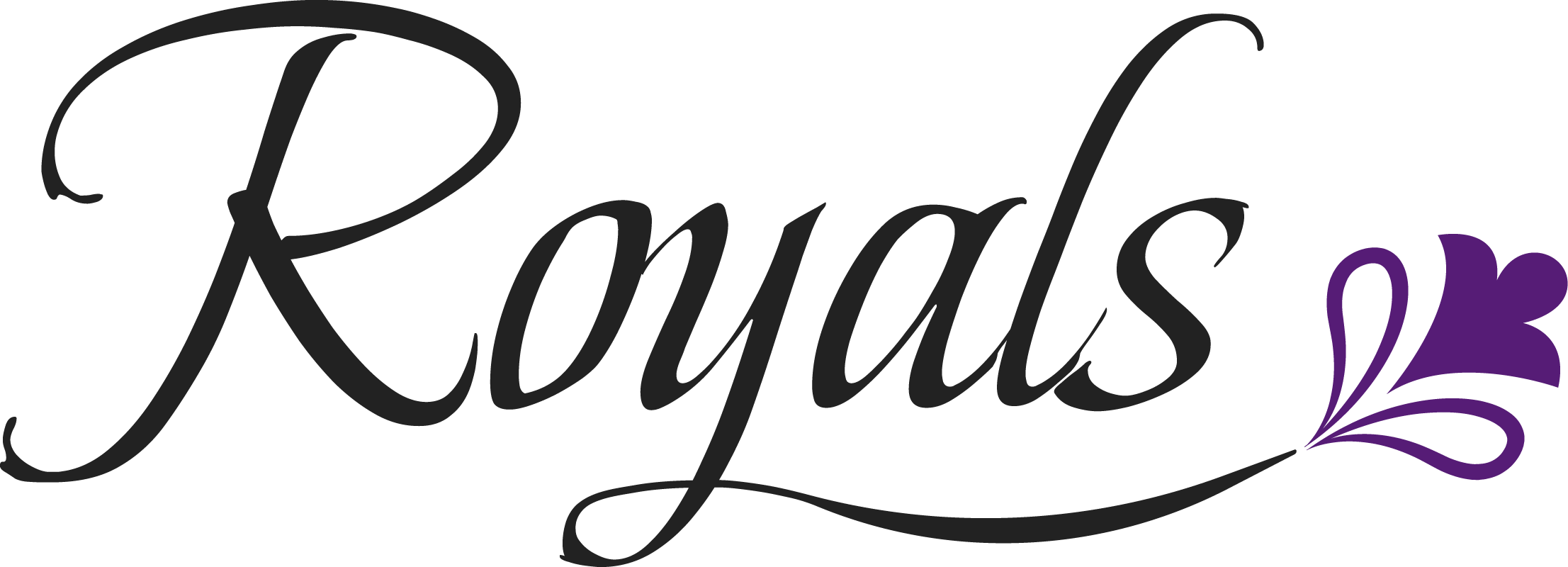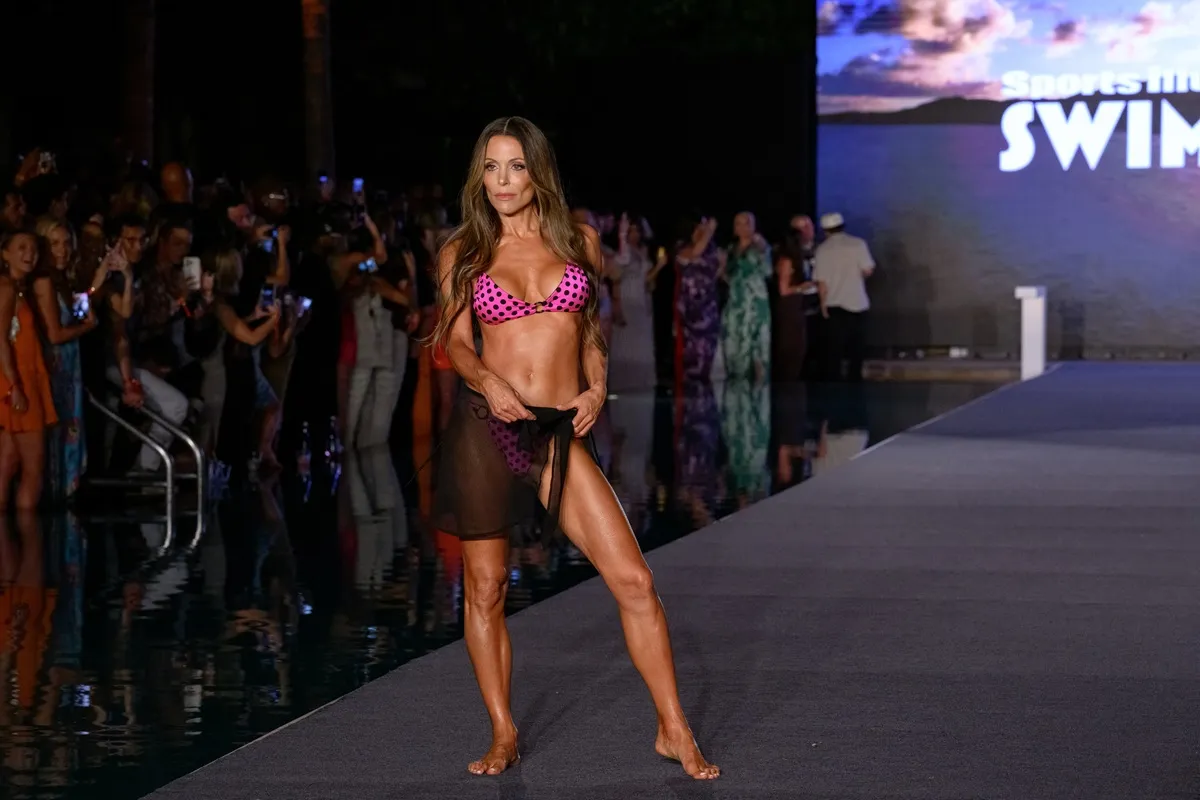Queen Victoria Didn’t Believe in Women’s Rights – Or Did She?
Queen Victoria was one of the most famous women of the 19th century. Despite this, she didn’t like the idea of female rulers. Here’s what she had to say – and how her actions may have undercut her words.
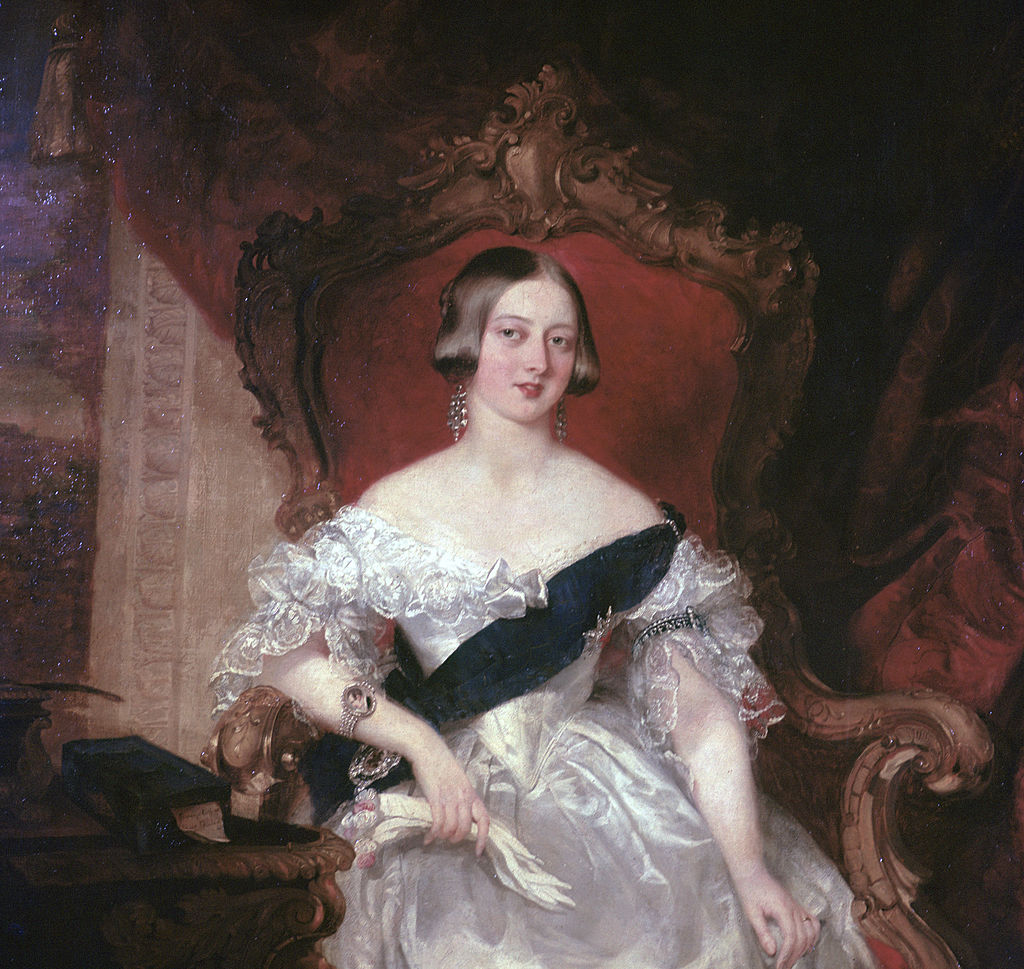
Queen Victoria’s thoughts on women’s rights
WBUR reports the queen once said “We women are not made for governing.” Speaking in third person, she continued “The Queen is most anxious to enlist some one who can speak & write etc. checking this mad, wicked folly of ‘Woman’s rights,’ with all the attendant horrors, on which her poor feeble sex seems bent…God created man & woman different — & let each remain in their own position.”
Similarly, the British Library reports the queen saw contemporary gender roles as divinely ordained. In 1870, she wrote “Let women be what God intended, a helpmate for man, but with totally different duties and vocations.” Her words seemed to echo a passage in the Book of Genesis which described Eve as Adam’s helper.
How the queen changed the monarchy
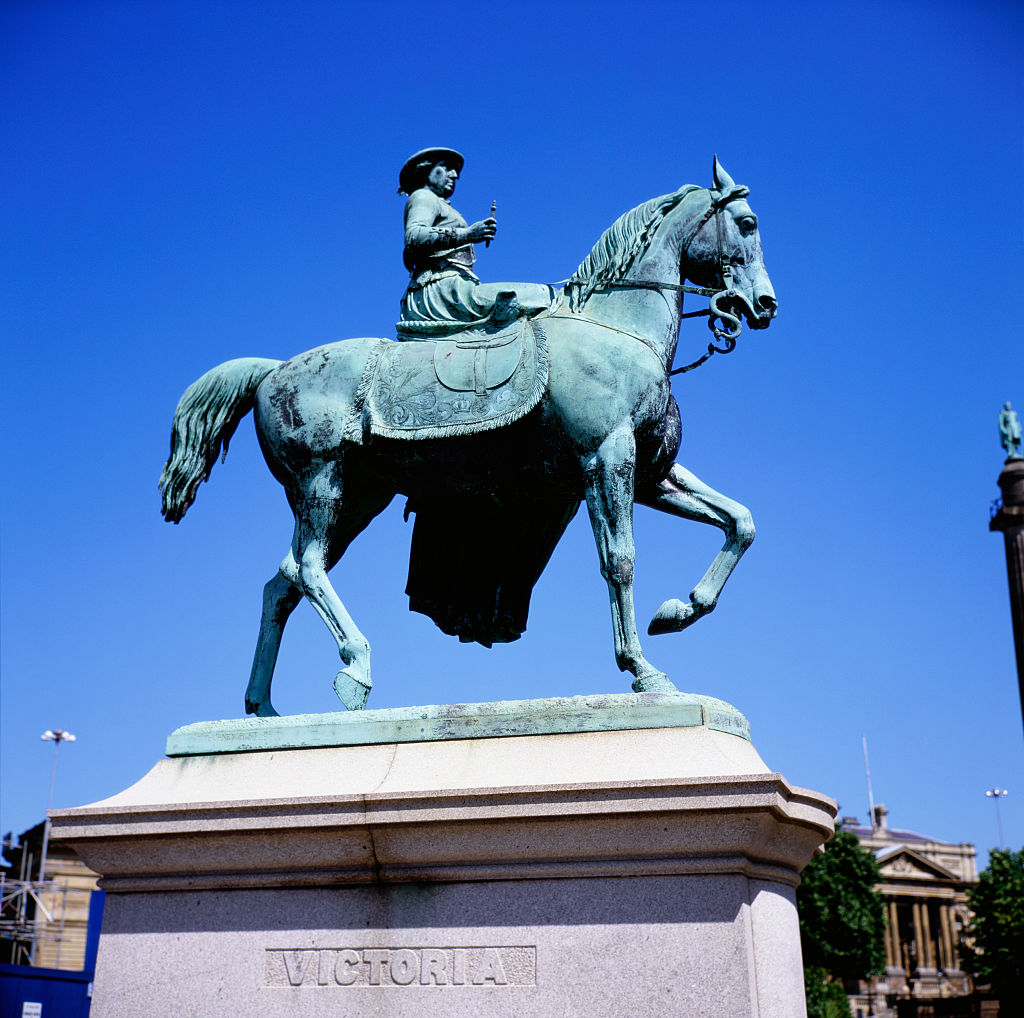
The Guardian quotes journalist Julia Baird’s take on the topic of Queen Victoria and women’s rights. “Victoria said women weren’t suited for public life, but she spent several decades protecting and demanding an influential place in it. [It’s] like a lot of women who say they are not feminist now, all the while they’re collecting pay cheques and expecting to vote and expecting to have property rights, and to have recourse if anyone were to assault them. Her power was assumed to have come from the men around her, especially from her husband.”
Despite Queen Victoria’s views, her place in society – as well as the positions of other female rulers – gained some respect among suffragettes. Millicent Garrett Fawcett, a famous suffragette, said “Within its own prescribed limitations [the monarchy] repeatedly given in our own history, a chance to an able woman to prove that in statesmanship, courage, sense of responsibility and devotion to duty, she is capable of ruling in such a way as to strengthen her empire and throne by earning the devoted affection of all classes of her subjects.”
Did Queen Victoria leave any positive legacy for women?
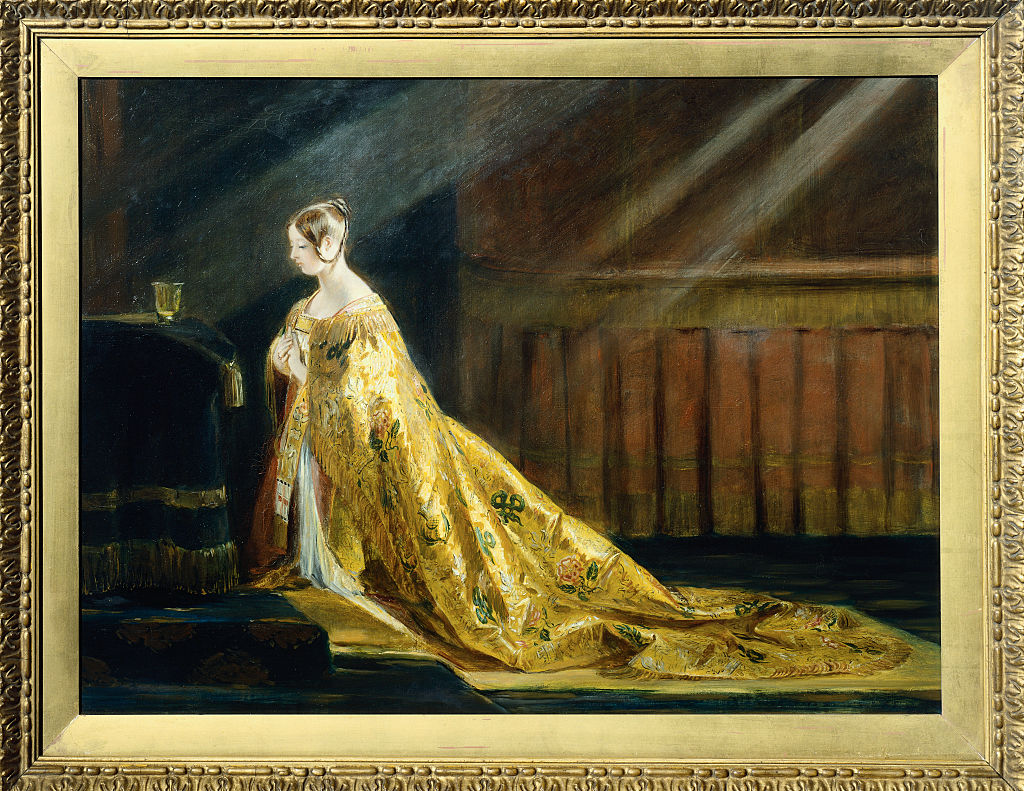
In a similar vein, Baird says Queen Victoria defied the expectations of her time despite her traditional attitudes. “Victoria was so tough and stubborn and sometimes rude, and refused to accept defeat. Refused to be told what to do. She was micro reported on every second of the day and she behaved how she wanted to behave. That was quite different.”
Dr. Amanda Foreman had similar thoughts on Queen Victoria’s legacy as a female ruler, reports The Guardian. “Queen Victoria transformed Buckingham Palace, the fabric of this building, and in so doing created new traditions, those traditions which we now associate with the modern monarchy. It is significant that it was a woman who was responsible for these traditions and a woman who defined our nation’s understanding and concept of sovereign power, how it’s experienced, how it’s expressed.”
Some of the traditions Queen Victoria invented included garden parties British monarchy addressing their subjects on a balcony. Queen Victoria may not have been a modern woman. However, she did prove women could have a lasting impact.
